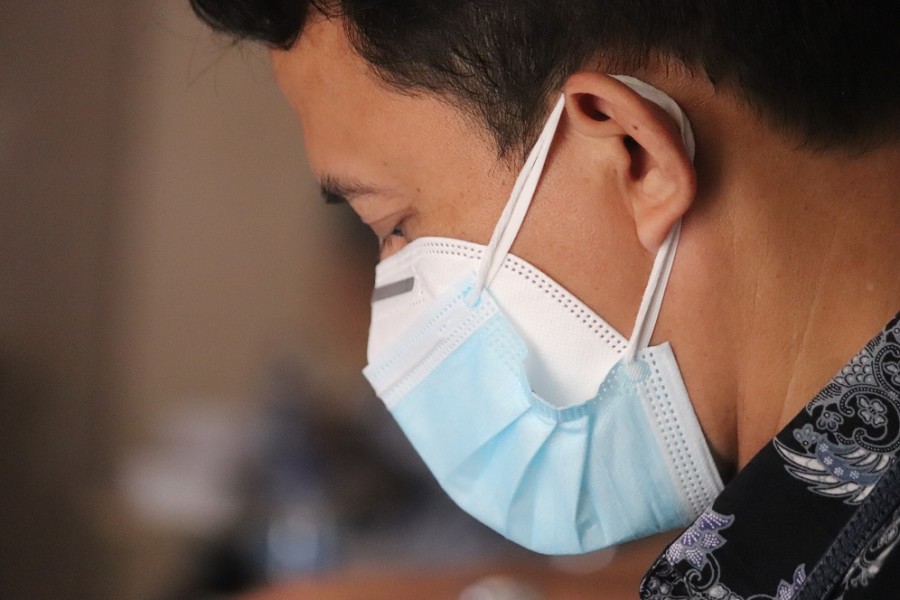The NSW Personal Injury Commission recently published its decision of Sara v G & S Sara Pty Ltd [2021] NSWPIC 286.
The decision is in respect of a case where an employer was held to be liable for the death of an employee related to COVID-19 and highlights that employers may be held liable where an employee contracts COVID-19 at work. The employer was ordered to pay the employee’s wife $834,000 and weekly compensation for the period the employee was unwell and unable to work.
In that case, the employee was required to travel to the United States for employment-related purposes. The employer submitted that the employee was, during his stay in the US, undertaking work for a US company, which was also a related entity. The Commission found that the employee contracted the virus during his travel to the US. Accordingly, the Commission held that the employee was, in the course of his employment with the employer induced and encouraged to travel to the US by the employer.
In its reasons, the Commission cited s. 19B of the Workers Compensation Act 1987 (NSW), which establishes a presumption that, where a worker contracts the COVID-19 virus during a time when the worker is engaged in prescribed employment, the virus was contracted by the worker in the course of the employment and the employment was a substantial or main contributing factor to contracting the virus.
Implications for employers
There is a very real possibility of being prosecuted for risks to health and safety arising as a result of an employee contracting the COVID-19 virus in the course of employment. The decision underscores the importance for employees of taking all measures, so far as is reasonably practicable, to prevent the transmission of COVID-19 in the workplace.
Lander & Rogers' Workplace relations and safety team specialises in all aspects of workforce management – from employee engagements and contracts, industrial relations and workplace safety, to disputes, individual grievances and terminations.
All information on this site is of a general nature only and is not intended to be relied upon as, nor to be a substitute for, specific legal professional advice. No responsibility for the loss occasioned to any person acting on or refraining from action as a result of any material published can be accepted.
 Client portal
Client portal











